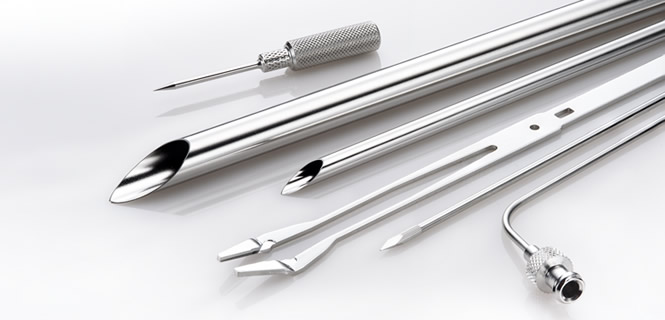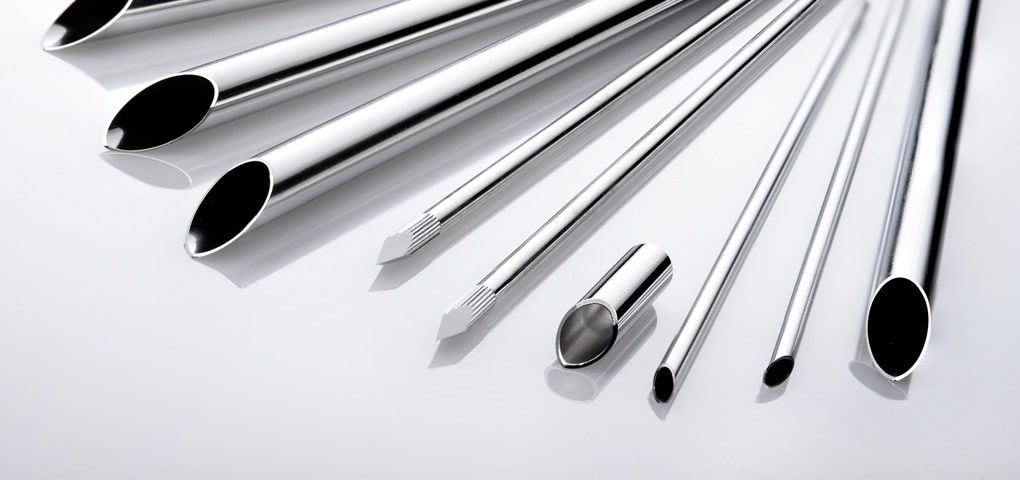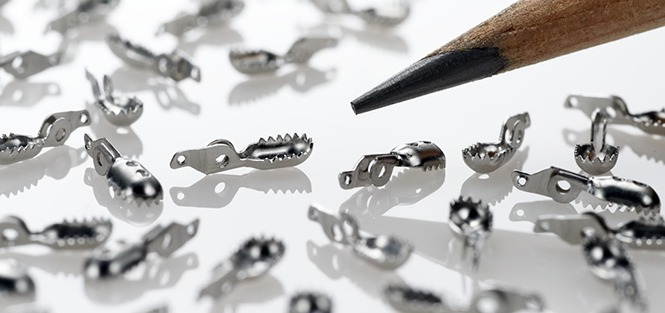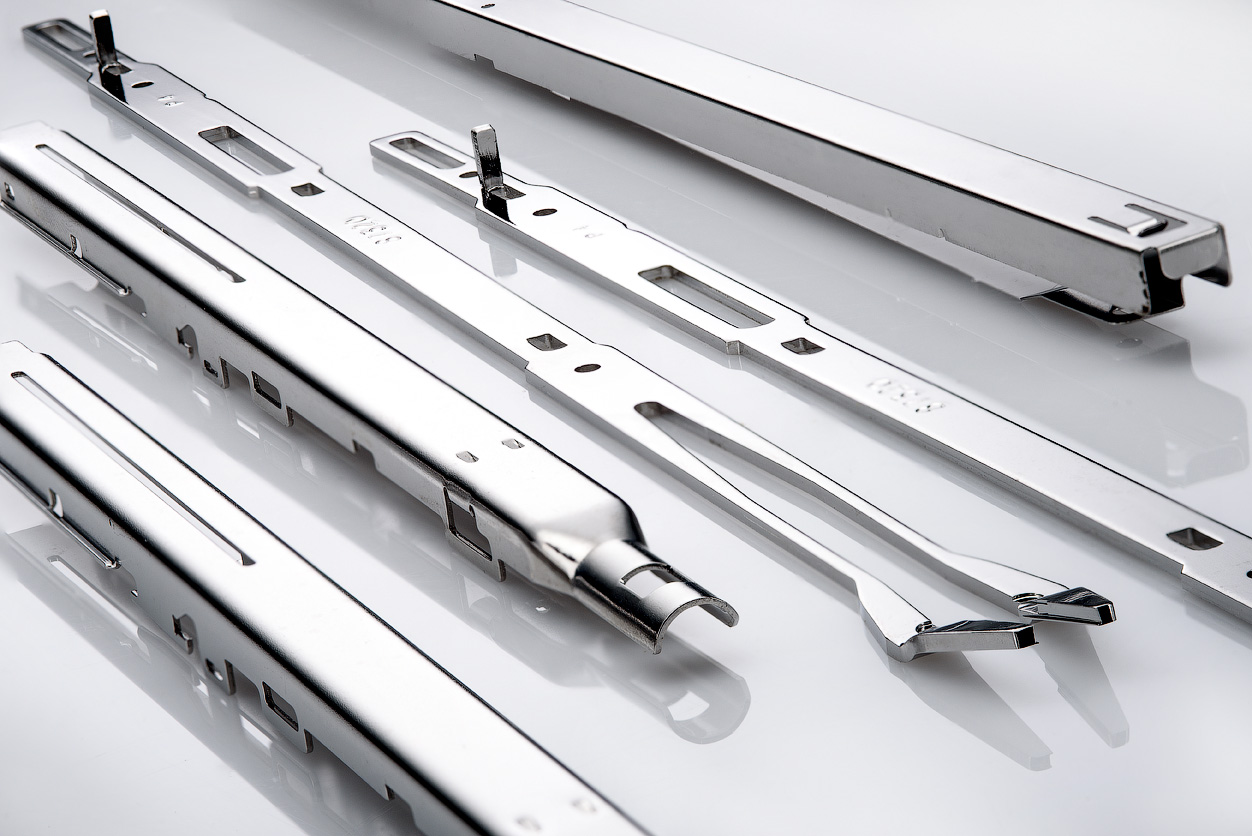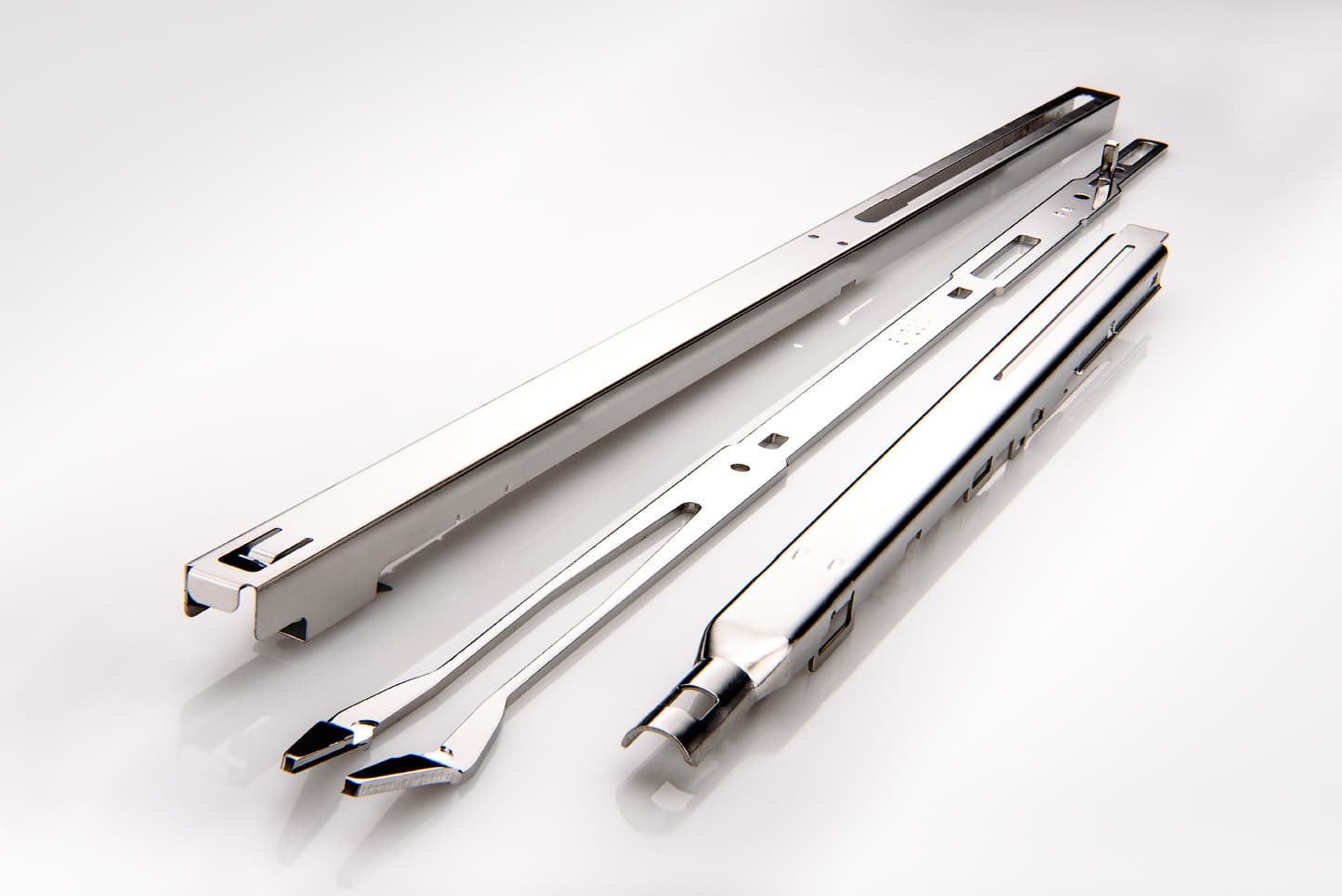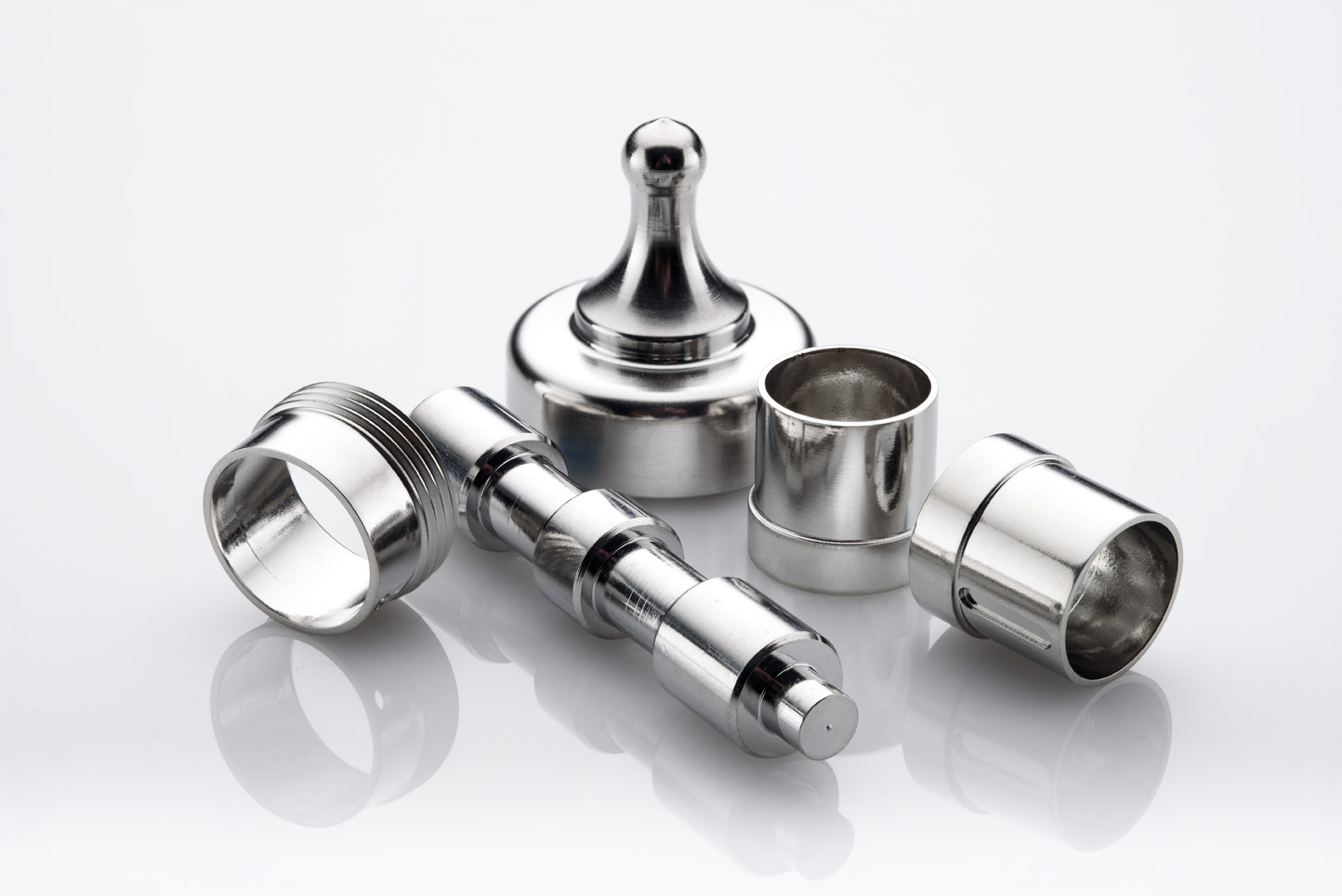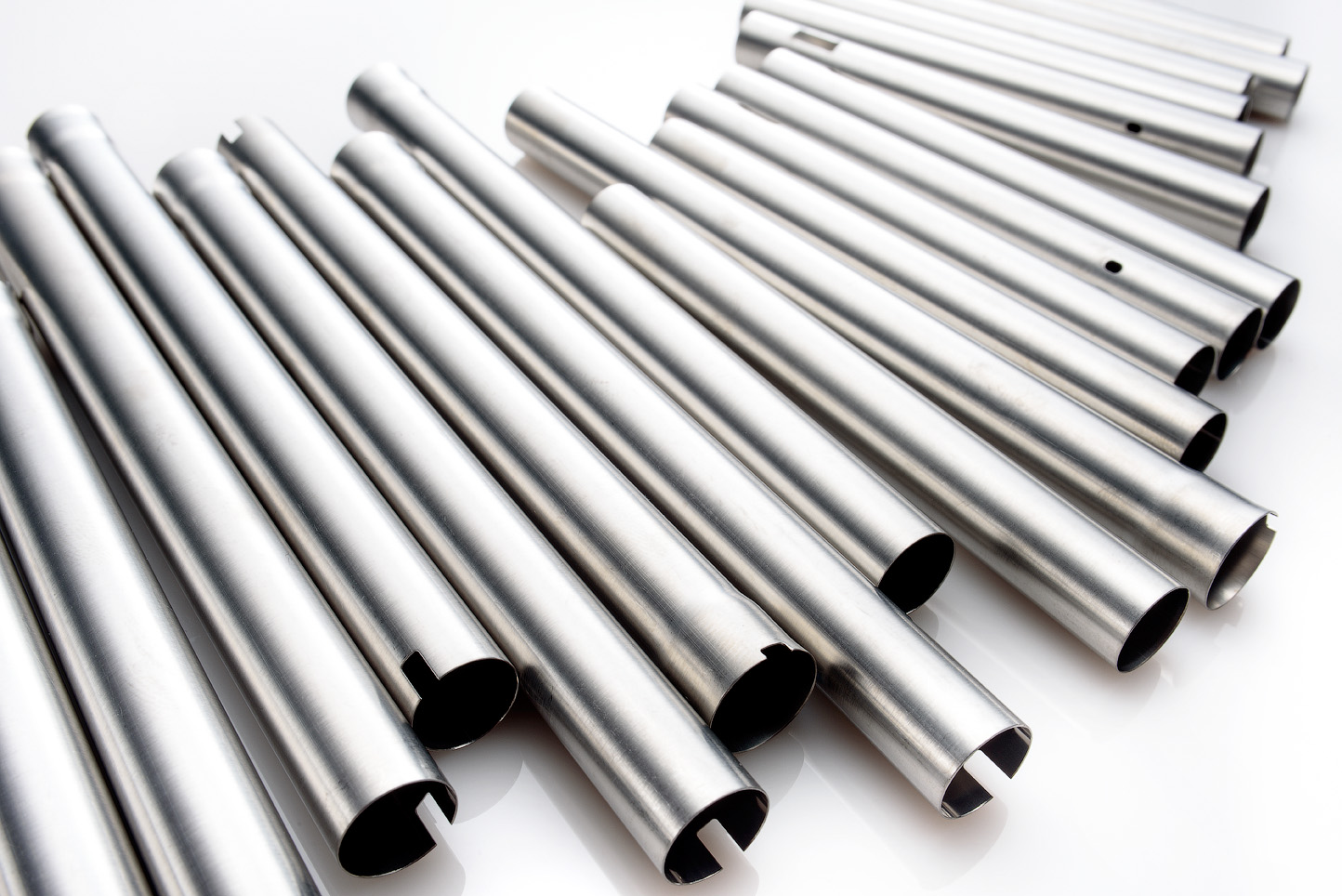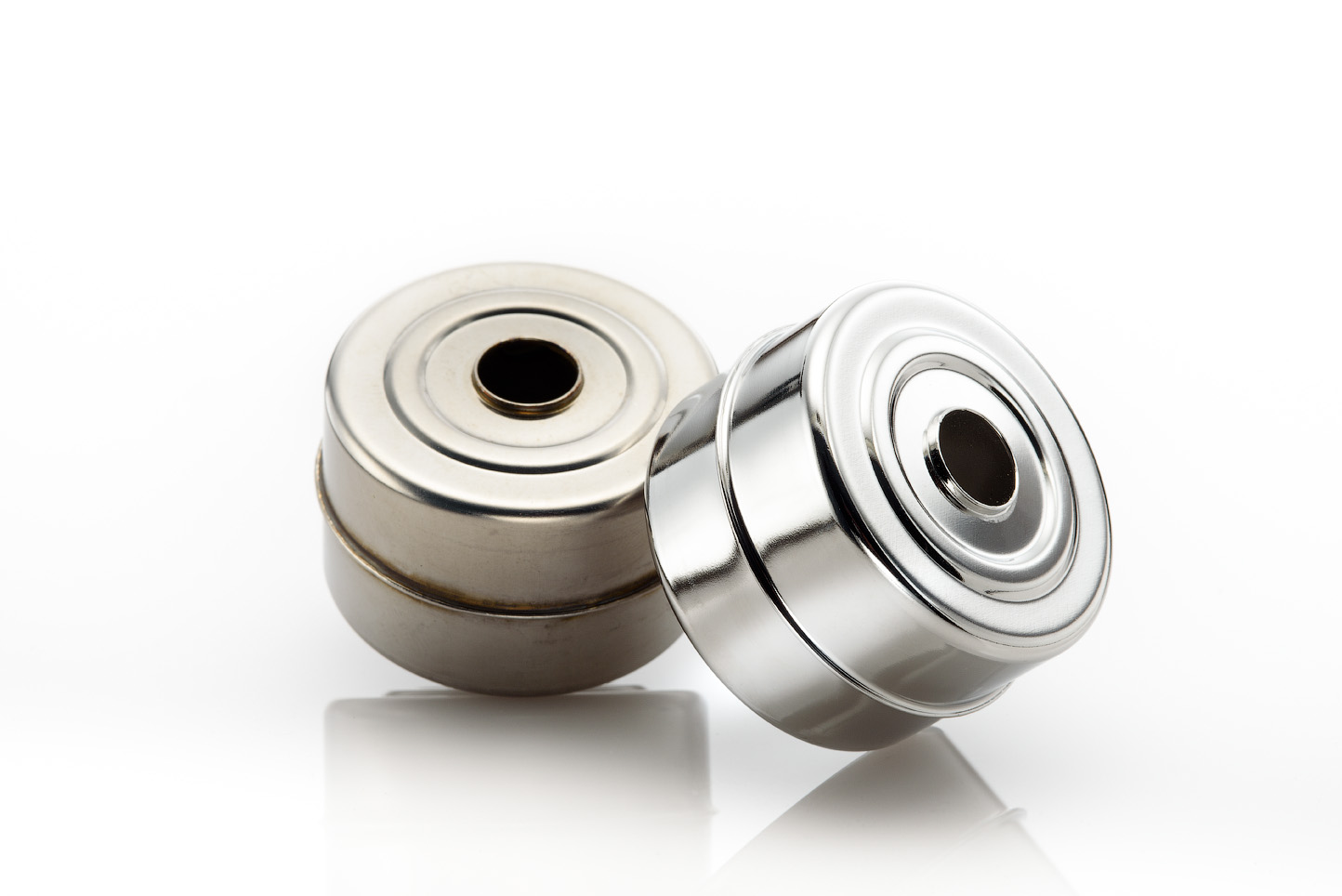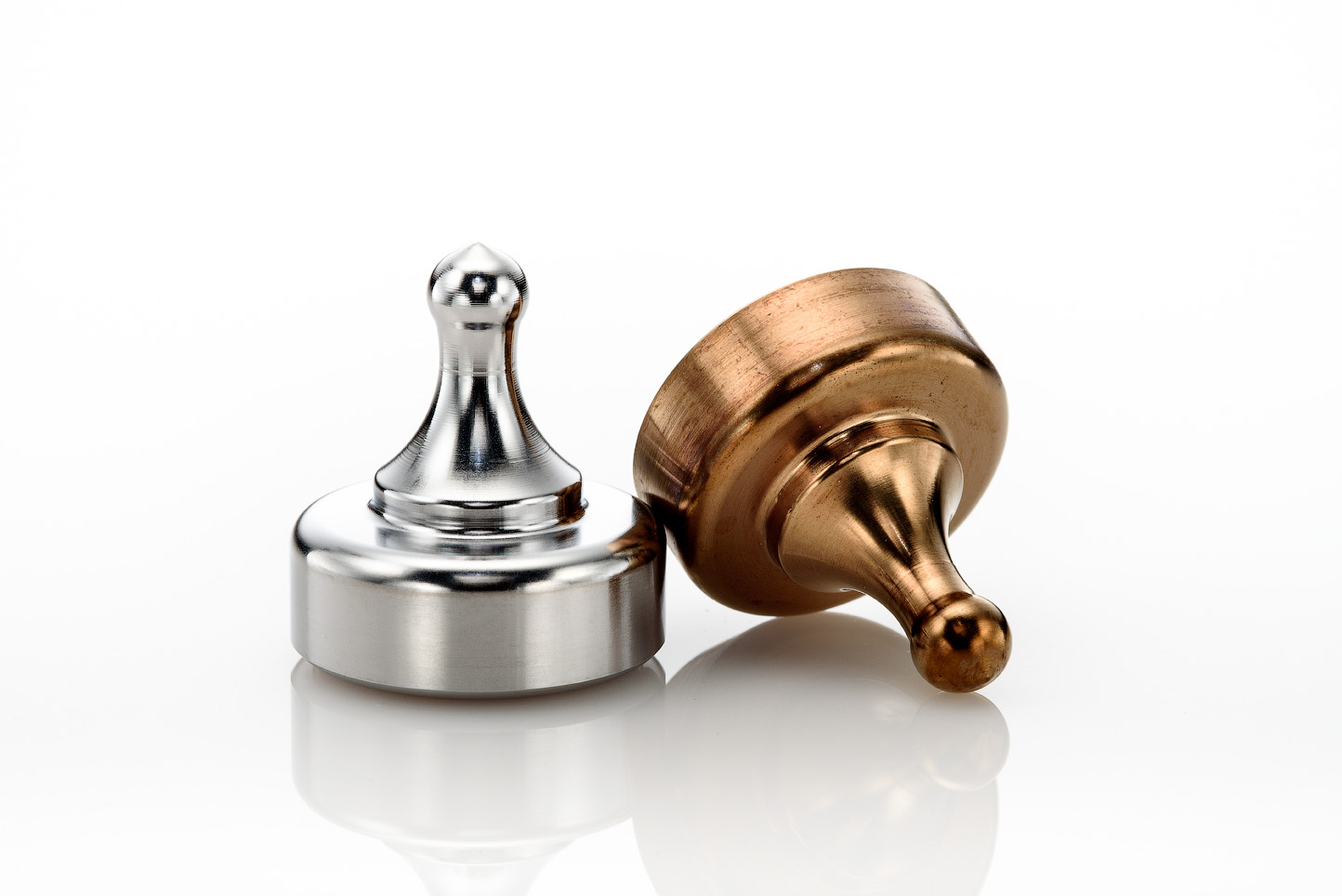Stainless Steel Electropolishing for the Semiconductor Industry
New England Electropolishing delivers precision stainless steel electropolishing to meet the strict demands of Semiconductor Manufacturing Equipment.
Stainless Steel Electropolishing for the Semiconductor Industry
Semiconductors play a vital role in equipment control in a variety of fields, such as operating air conditioners at a comfortable room temperature, improving automobile safety, and lifesaving medical equipment. The advances of semiconductor technology have driven systems efficiency, efficacy, miniaturization and energy savings.
Semiconductor fabricators are currently expanding their manufacturing lines to boost supply, and new chip designs necessitate more advanced equipment. As a result, the next two years look promising for the equipment makers that provide the machinery required to construct the basic building blocks of today’s technology.
Stainless steel is commonly used in the construction of vacuum chambers, pumps, cleanroom equipment and related hardware and fittings. To maintain a critical flow path, semiconductor equipment companies pay close attention to cleaning and passivating the stainless steel. Poorly cleaned surfaces left with trace contaminants can lead to process contamination and product failures.
Electropolishing has become a key step in the manufacturing process for equipment makers serving this critical industry when it comes to the passivation of stainless steel. Electropolishing is an electrochemical process that removes material from the surface of a metal or alloy at a controlled rate to help restore the natural corrosion resistance, improve surface finish, remove weld discoloration, and passivate metals. The process also makes equipment easier to clean and sterilize.
Semiconductor equipment companies rely on New England Electropolishing to provide precise electropolishing of parts to enhance the metals natural corrosion resistance. By enhancing a part’s corrosion resistance and reducing surface drag, the manufacturer improves the reliability and durability of their components. NEE provides high-quality, precision electropolishing of stainless steel components with controlled tolerances to achieve stainless steel passivation through electropolishing.
What to look for when considering a metal finisher for semiconductor equipment:
- Experience – Precision stainless steel electropolishing requires an experienced metal finisher who can provide consistent, repeatable results.
- Process Controls – Your electropolisher should be able to meet the strict requirements of the semiconductor industry through a rigorous quality program that includes SPC and third-party testing.
- Recognized Certifications – Electropolishing companies should adhere to industry standards as set forth by organizations like ASTM and ISO.
Semiconductor equipment companies should confirm that their electropolisher follows ASTM standards, maintains rigorous quality safeguards, and has the proper third-party certifications in place at their facilities. When a supplier certifies to an ASTM standard, maintains full regulatory and ISO Compliance, and performs regular validations of its services, it confirms that company’s commitment to responsible operation and quality service.
New England Electropolishing has more than three decades of expertise. The staff brings its collective expertise to every order, every time. Our company is ISO 9001 and ISO 13485 certified and meets the requirements for ASTM B912 and ASTM A967. Moreover, it undergoes periodic testing by an independent laboratory to validate the quality of our services.
NEE invites you to visit our website for more detail about our commitment to quality processing. A full list of our recognized standards and specifications can be found here. If you are a semiconductor equipment company and are looking for a dependable electropolisher, please contact NEE to discuss our reliable quality and exceptional service.
Does Electropolishing Prevent Corrosion?
“Electropolishing is an electrochemical process that enhances metal alloys resistance to corrosion. Electropolishing is used to clean, deburr and passivate metals by removing impurities from the surface left behind from manufacturing processes.”
“I’ve been working closely for several years with New England Electropolishing and would recommend them as your electropolisher. NEE is customer-focused and understands and exceeds customer expectations. Luke works closely with us as a team and accepts accountability for all of his actions and results. Sometimes our goals and decisions can be challenging but Luke has a passion to achieve and he acts with integrity. We trust and have confidence in his ability to get the job done right and always on time.”
Karin – Semi Conductor Manufacturing Company
Electropolishing Resources
What is Electropolishing?
Electropolishing is an electrochemical and reverse plating process that removes the outer layer of skin on a metal...
The Electropolishing Process
The electropolishing process is initiated by immersing a metal part into a temperature-controlled bath of electrolyte...
How Much Material Does Electropolishing Remove?
Electropolishing, when done properly is a highly controllable process which removes as little as...
How Much Will Electropolishing Improve the Surface of my Part?
Ra and RMS are both representations of surface roughness. Ra is calculated as the roughness average of a surface’s...
What is ASTM B912?
ASTM B912 is an industry standard for the passivation of stainless steel alloys through electropolishing...
What is ASTM A967
ASTM A967 is an industry standard specification for the chemical passivation treatments for stainless...
